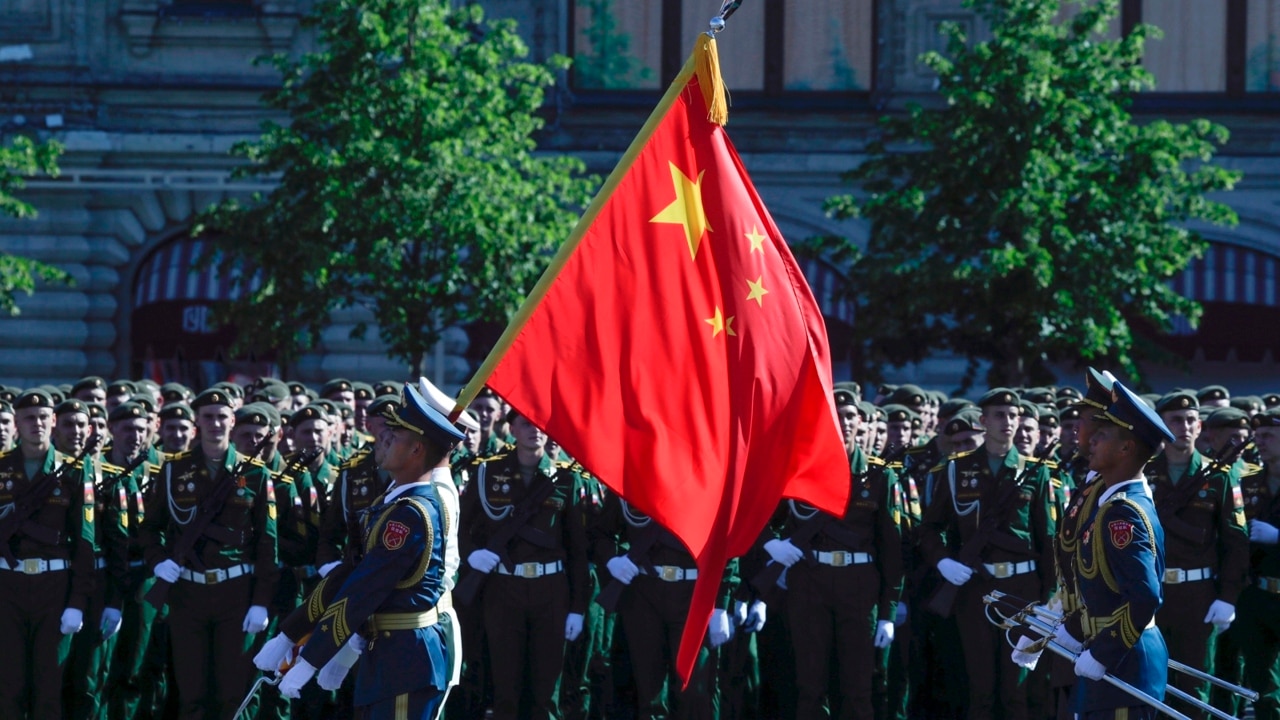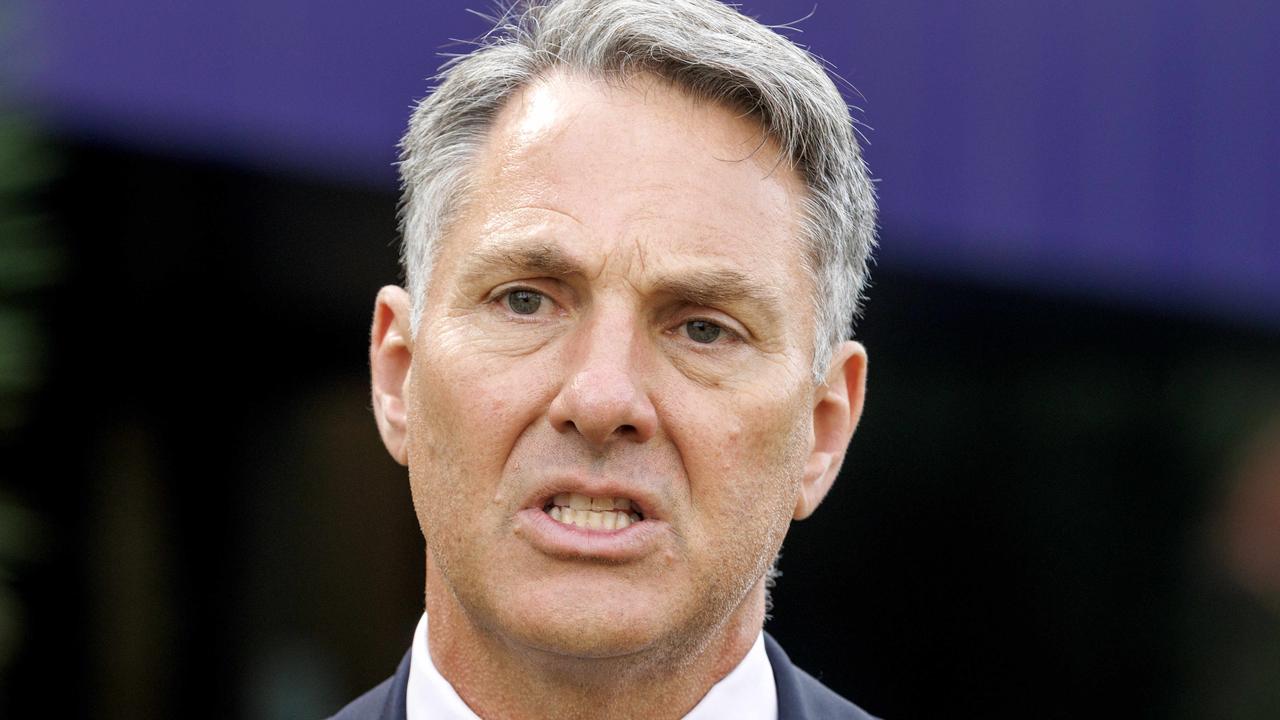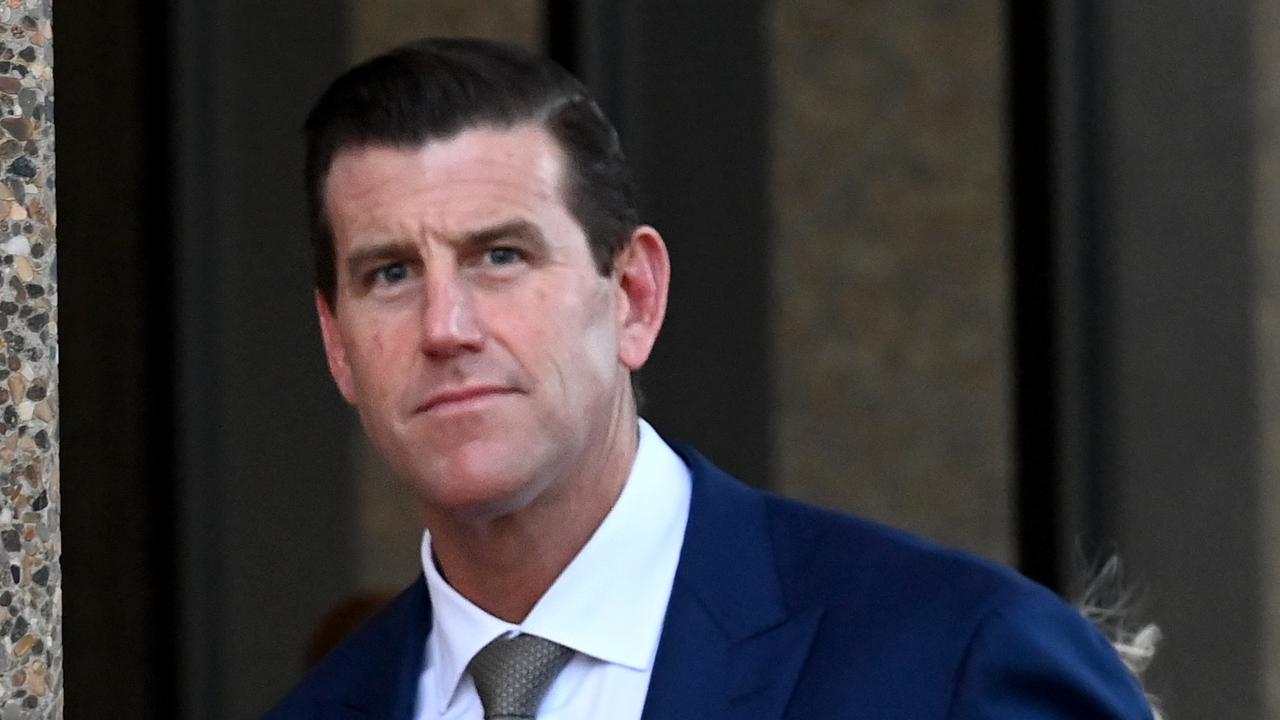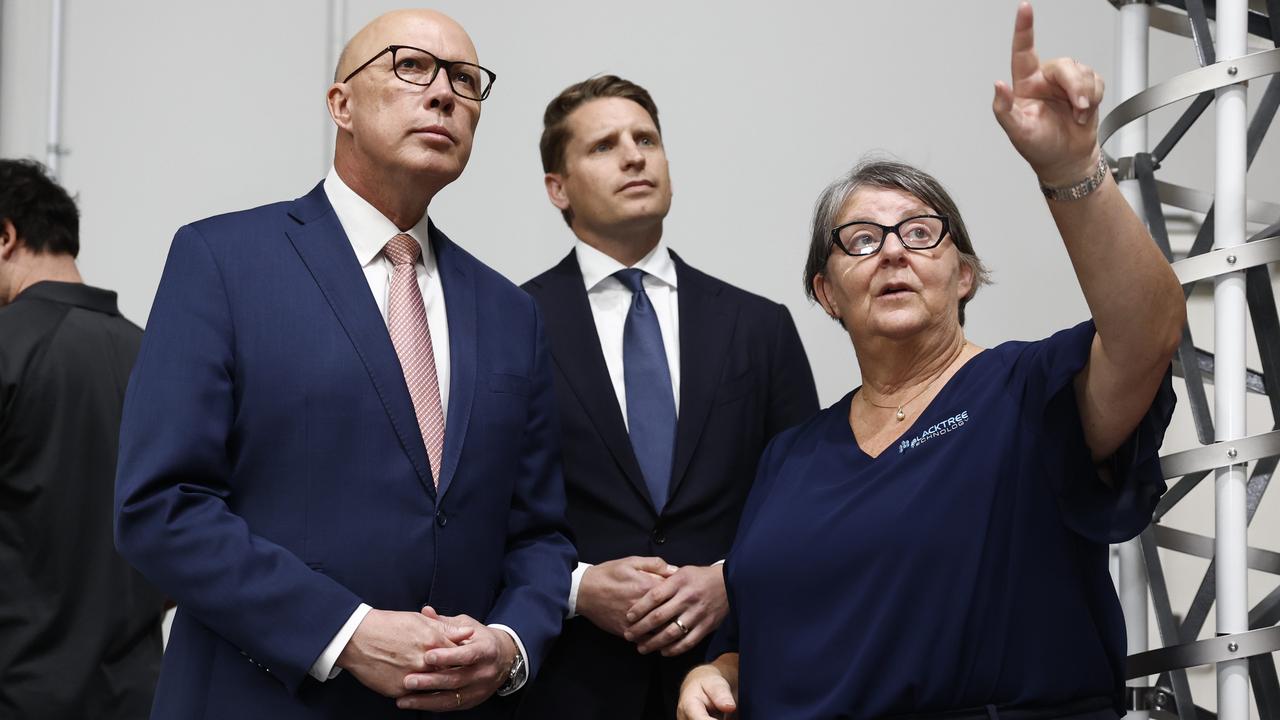Dutton warns Australia must stand up to China or ‘lose the next decade’
Peter Dutton says Australia and its allies must stand up to China in the South China Sea or “lose the next decade”.

Peter Dutton says Australia must stand up to China in the South China Sea or “lose the next decade”.
The Defence Minister, who has previously come under fire for inflammatory comments raising the prospect of war, told The Sydney Morning Herald on Monday that the US and its allies had lost valuable time when they “acquiesced” to Beijing, allowing it to militarise the disputed waterway by building artificial islands and defence bases.
“I think we’ve lost a considerable period of time where China gave assurances about their activity in the South China Sea,” Mr Dutton told the newspaper as part of a four-part series examining whether Australia is ready for war.
“And the United States and others acquiesced and allowed the militarisation now to the point where China has 20 points of presence in the South China Sea, which does not help stability in the region. If we continue on that trajectory, then I think we’ll lose the next decade. And my sense is that we’re better off being honest about that.”
Mr Dutton also revealed that he believed Australia would receive its first nuclear submarine before 2038 under the AUKUS deal between Australia, the US and the UK.
“I have no doubt we’ll have a nuclear-propelled submarine before that date,” he said.
Over the weekend, Chinese President Xi Jinping and Russian President Vladimir Putin released a joint statement criticising the AUKUS agreement.
“The sides are seriously concerned about the trilateral security partnership between Australia, the United States and the United Kingdom, which provides for deeper co-operation between its members in areas involving strategic stability, in particular their decision to initiate co-operation in the field of nuclear-powered submarines,” the statement said.
“Russia and China believe that such actions are contrary to the objectives of security and sustainable development of the Asia-Pacific region, increase the danger of an arms race in the region, and pose serious risks of nuclear proliferation.”
Prime Minister Scott Morrison has vowed that the submarines will not carry nuclear weapons.
Stream more global news with Flash. Stay up to date with more than 20 global & local news sources. New to Flash? Try 14 days free now>

It comes as Australia prepares to welcome US Secretary of State Antony Blinken this week for a meeting of the Quadrilateral Security Dialogue’s foreign ministers in Melbourne.
The Quad, comprising Australia, the US, India and Japan, will seek to intensify co-operation to stand up to China.
Defence experts have long warned that Australia’s military does not have the size nor the posture to defend against a serious attack without the aid of the US, particularly from Beijing’s long-range missiles and stealth bombers.
“Cruise missiles are hard and costly to shoot down,” aerospace analyst Bradley Perrett wrote for the Australian Strategic Policy Institute last year.
“Australia is virtually defenceless against them. Barely discussed is that an unimaginable range of Australian military and civilian facilities and infrastructure can be knocked out by cruise missiles. For example, we endlessly debate the cost of submarine programs, but where, exactly, does the Royal Australian Navy expect to refuel and restock these vessels after each war patrol? Which facilities are expected not to be smoking ruins?”
Over the weekend, Assistant Defence Minister Andrew Hastie said China and Russia had been “emboldened” by a perceived “weakness” from the US.
“Weakness is provocative,” Mr Hastie told Sky News.
“It’s very true of politics, it’s truer in geopolitics. I think the somewhat disorderly withdrawal out of Afghanistan has emboldened authoritarian powers, and that’s what we’re seeing. And that’s the new challenge for us, and we’ve really got to think things through.”
Australia’s defence spending stood at 2.1 per cent of gross domestic product, or $44.6 billion last year.





